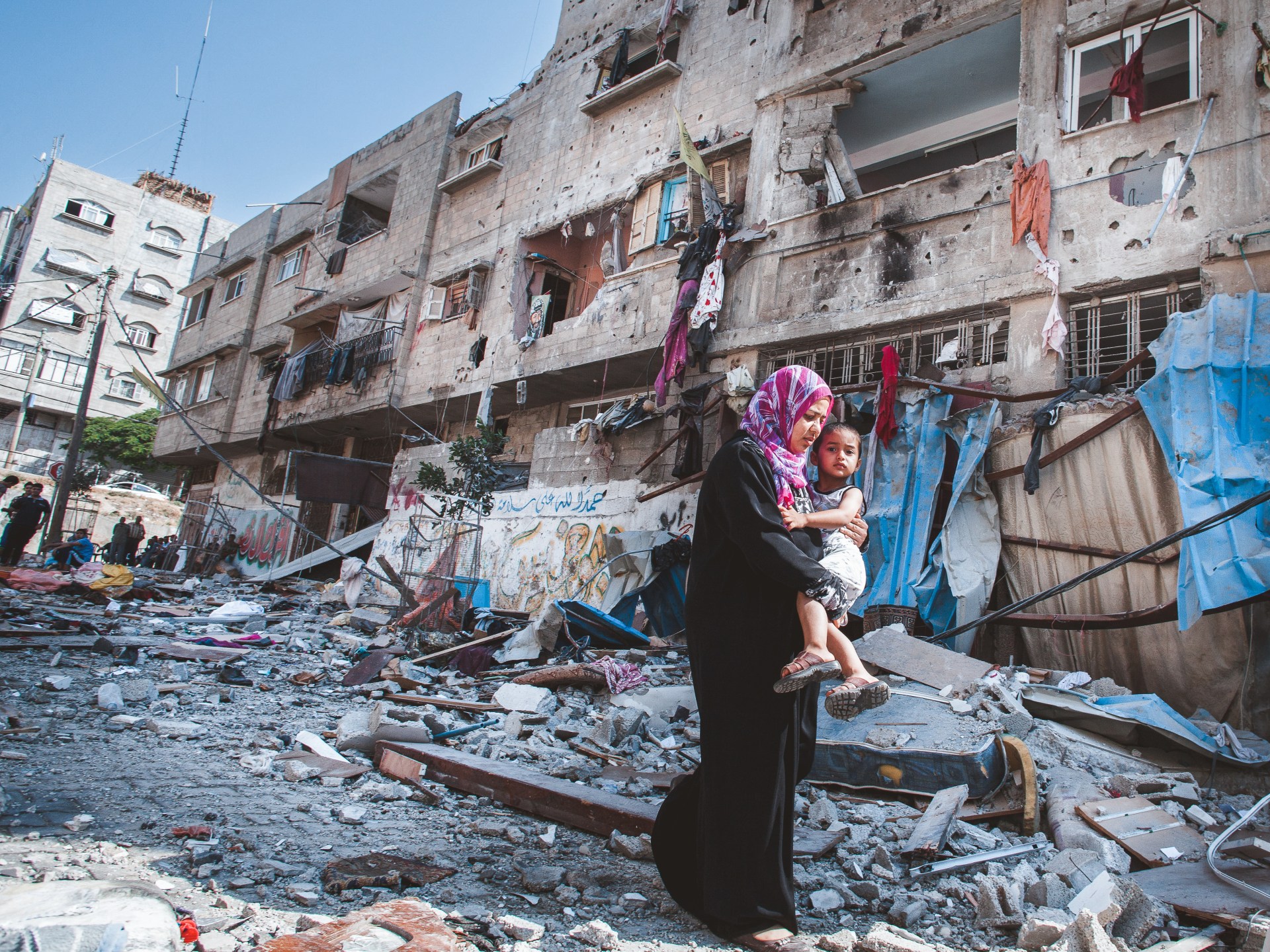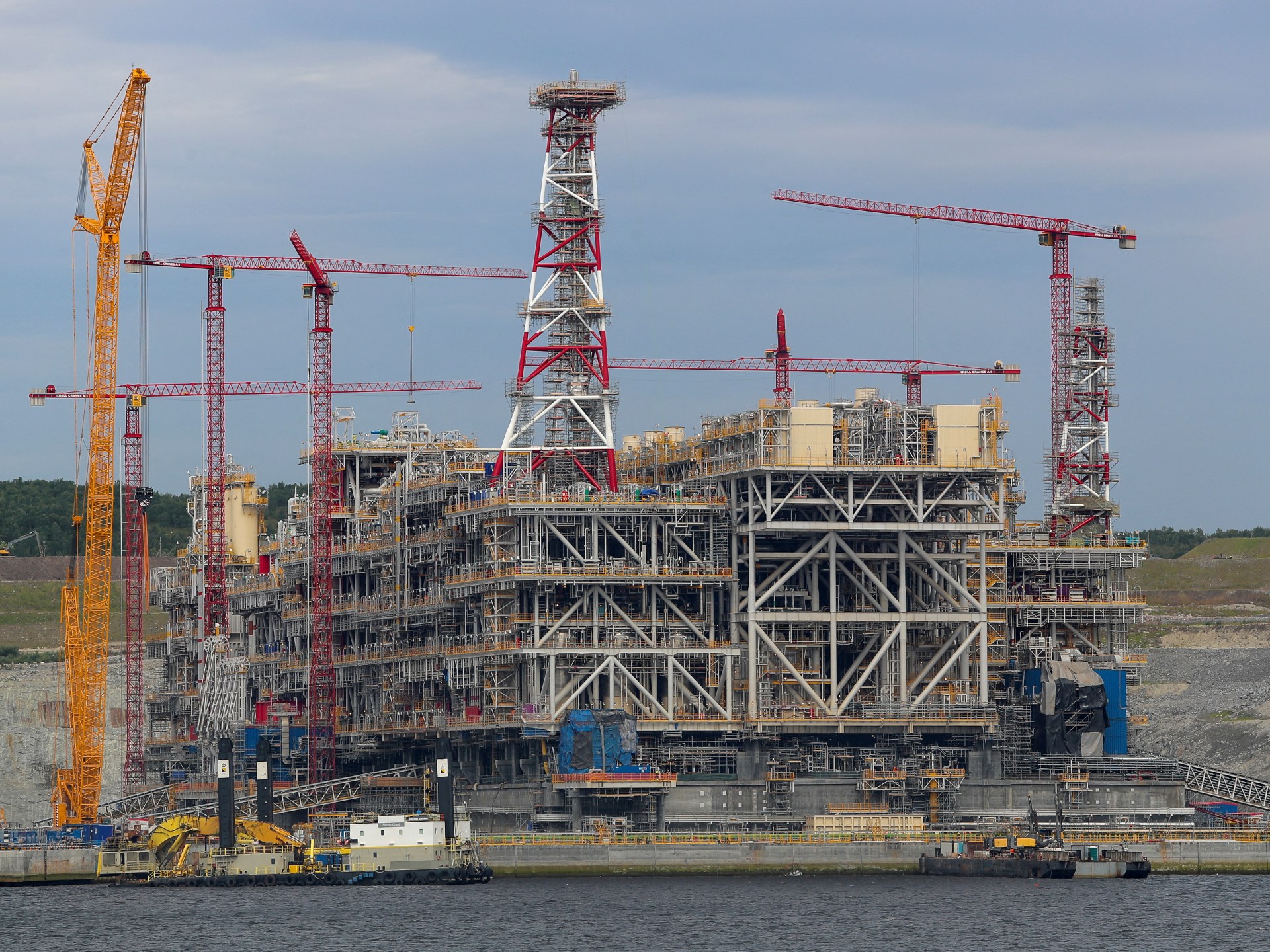
I’ve lived most of my life on a piece of land not much bigger than Manhattan, surrounded by a massive barbed wire fence. Most of the time I felt that we, the residents of Gaza, were the only people who noticed that we were living in an open-air prison.
I pursued a career as a photojournalist documenting life in Gaza and trying to make the rest of the world understand its plight and its resilient people. During times of relative calm, I focused on inspiring and uplifting stories. And in times of violence and death, I tried to document the aftermath – the pain and scars that would remain when the bombs stopped falling and the world lost interest again.
I am no longer in Gaza, and yet as a Palestinian who comes from this tiny, fenced-in strip, I have not been spared a flood of accusatory news in recent weeks. My inbox was flooded with messages asking questions about Hamas. Their goal is not to understand Hamas or why it did what it did on October 7th. Rather, they want me to take responsibility for their actions.
It doesn’t matter that I lost 50 colleagues in six weeks or that my neighbors and their families were killed in an Israeli airstrike after fleeing south on Israel’s orders.
It doesn’t matter that I fear for the lives of my family who remain in Gaza every day and have a mini-panic attack every time I try to call them when there is no answer.
The first question was always whether I condemned Hamas. It felt like I was being asked to audition to gain sympathy.
Every day I hear the words “tunnel” and “hostages” in media reports or conversations condemning a “terrorist organization.”
But these words have a completely different meaning for me.
For me and the Palestinians in Gaza, tunnels have become essential infrastructure. In 2007, Israel imposed a debilitating siege on the Gaza Strip and, as an occupying power, was able to fully control what can pass through border crossings, including the border crossing with Egypt at Rafah.
Over the past 16 years, Israeli authorities have arbitrarily decided to ban the import of certain goods into the Strip, as another form of collective punishment against the population. For example, in 2009 it was decided that no pasta would be allowed into Gaza. Yes, noodles.
So the Palestinians dug tunnels to smuggle in noodles and other essentials that Israel would arbitrarily ban.
Food, medicine, and fuel began pouring in from the so-called “Metro” – which probably had more stops than the Washington, DC subway system and, I dare say, was a little safer.
When my first daughter was born in 2011, I needed colic baby formula for her ages 0-3 months, which wasn’t available in local stores. I was relieved to be able to get hold of some boxes – thanks to “the metro”.
The tunnels became such an integral part of our lives that we sometimes joked about ordering Kentucky Fried Chicken through them, as it was considered a “luxury” that we didn’t have in Gaza.
But there were things taken from us by the siege that the tunnels could not provide.
This included an adequate supply of drinking water. We often couldn’t shower whenever we wanted because water was rationed. So we tried to keep the bathtub full so we weren’t forced to use seawater when cutting.
Electricity was another luxury that we were often denied. On average, we only had access to electricity for 4-6 hours a day.
Freedom of movement was another “privilege” that the tunnels would not contribute to. Traveling to and from Gaza was not possible for most people long before Hamas existed.
When I was 17, we planned to visit my mother’s family in Egypt. We waited at the Rafah border crossing for three days before we were allowed to leave. As our taxi driver drove through the gates, the Israeli soldiers suddenly opened fire. The driver turned around in horror and shouted at them to stop.
We later found out that it was lunch time and they didn’t want to be disturbed, even though we were allowed to pass. So our summer plans were simply canceled.
“Hostages” is another word that has a different meaning in my head.
Many are now calling for the release of all Israeli hostages before a ceasefire can even be considered. In fact, I completely agree: all civilian hostages should be repatriated unconditionally. But this must also include Palestinian hostages.
Currently, more than 2,000 Palestinians are being held indefinitely in “administrative detention” in Israeli prisons without charge. Many of them are children, some as young as 12 years old.
Those who have actually been charged are tried in a military court, where the conviction rate is often above 95 percent, suggesting that prisoners likely lack even basic access to due process or the ability to find “secret evidence” against them to consider.
Israel is the only country in the world that regularly prosecutes children in a military court. The most common offense? Throwing stones. These “prisoners” are children held captive by an occupying army that has suddenly and brutally taken them away from their families.
Unfortunately, no one is putting their names and faces on billboards all over New York City or London. When people are detained without charge and have no access to due process, they are just that: hostages.
I became a photojournalist in Gaza because I felt it was important to document the reality of life there, the reality that most don’t see.
And although I no longer live there, I would be failing in my duty as a journalist, much less as a Palestinian, if I did not try to tell you what our reality was long before the Palestinians broke through the barbed wire fence on October 7th.
The views expressed in this article are the author’s own and do not necessarily reflect the editorial stance of Al Jazeera.






Recent Comments